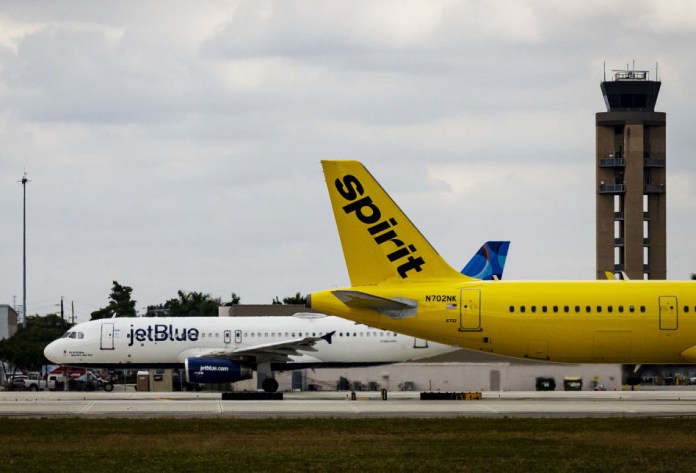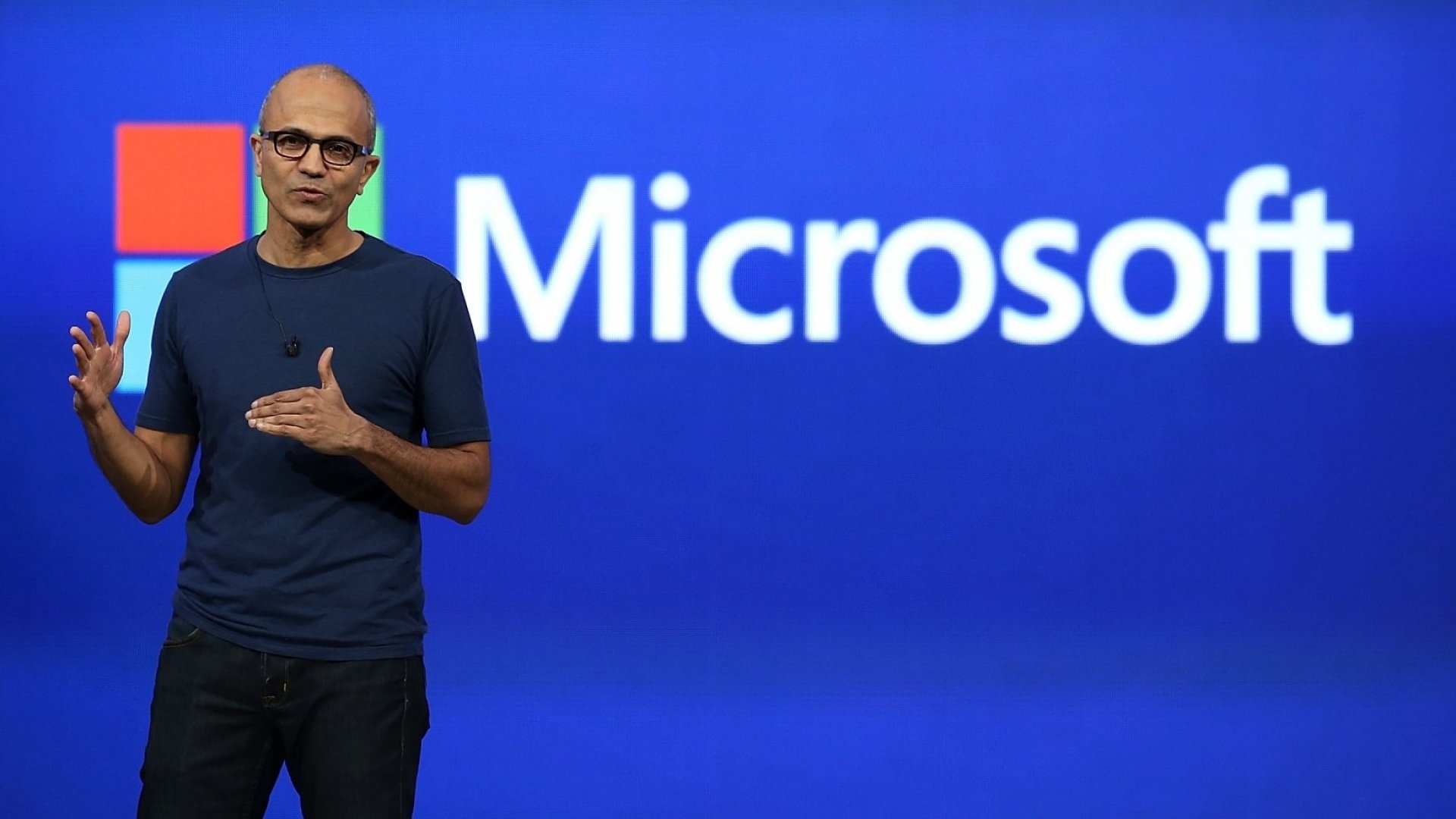So, it’s a little odd that President Biden’s primary antitrust victory protected Big Business and has driven a smaller competitor into bankruptcy.
Biden used antitrust law to protect the four big airlines from a possible new competitor. As a result, customers are losing a low-cost option as Spirit Airlines heads into bankruptcy and cancels many routes. Yet, Biden claimed that it was “a win for American consumers and competition” when his Justice Department successfully blocked the merger of Spirit and JetBlue.
Four big airlines dominate air travel in the United States: the classic Big Three — Delta Air Lines, American Airlines, and United Airlines — plus Southwest Airlines. These four carriers account for more than two-thirds of domestic air travel. Fifth place goes to Alaska Airlines with 6%, followed by JetBlue and Spirit, with 4.6% and 4.1% of the market, respectively.
JetBlue spent years courting Spirit, the famously bare-bones carrier. Finally, in July 2022, the two signed a merger deal and announced their plans to challenge the big airlines. That’s when Biden’s Justice Department intervened.
Biden and his attorney general, Merrick Garland, sued in federal court to block the merger, alleging that it violated the Clayton Act, a Progressive Era law signed by President Woodrow Wilson. If Spirit and JetBlue merged, they would become the fifth-biggest airline, gaining some of the advantages of size that would allow them to better compete against the industry giants.
Being big is more valuable for an airline than for the average company. The more routes you have, the more useful you are to customers. You can’t fly Spirit if you’re traveling from or going to Denver, Seattle, San Francisco, or dozens of other cities that Delta serves. For example, Spirit offers 18 nonstop destinations out of Baltimore (serving the Washington, D.C. area), while United has more than 120 and flies out of all three area airports.
An airline’s credit cards and frequent-flyer programs are valuable in proportion to the number of routes it flies. Delta is so large that it even owns its own fuel refinery. JetBlue’s lawyer argued in court that an airline “would need the network breadth to be able to compete with the larger airlines.”
The last thing Delta, United, American, or Southwest wants is a fifth large carrier to worry about. Luckily for them, the Biden DOJ and the federal courts have prevented that.
“Clearly the Big Four benefit,” business professor Ravi Sarathy explained at the time. “JetBlue is weak compared to the Big Four. If JetBlue and Spirit had been allowed to merge, they’d have become number five, with almost 8 to 9% of the total capacity of the industry. Right now, JetBlue is only about 4 to 5%. So, for the Big Four, not allowing this merger means they don’t have to worry about a competitor getting stronger.”
This wasn’t the first time antitrust enforcement has caused consolidation and limited competition in this industry — or others.
The entire purpose of federal regulation of airlines, from the New Deal until deregulation in the late 1970s, was to prevent competition. President Franklin Roosevelt made it clear that he wanted very few, very big companies controlling all the flying. In fact, the big airlines generally opposed deregulation.
And more specifically on antitrust enforcement: Biden’s action against the small airlines wasn’t the first time it actually reduced consumer choices.
Richard Anderson, the former CEO of Delta and the late Northwest Airlines, recently explained how antitrust enforcement resulted in fewer big airlines than a freer market would have. On the October 8 episode of the Airlines Confidential podcast, Anderson argued that if the federal government hadn’t blocked Northwest and Continental from combining, the Big Three would be the Big Four.
“We tried to do a transaction in ‘98 at Northwest,” Anderson said. “We bought David Bonderman’s interest in Continental, and the Justice Department sued. And so everything kind of got put on a back burner. Oddly enough, if we would have gotten that transaction done, there’d probably be four of those spoke carriers today, not three. But that’s how the hand of government works.”
Anderson’s remark “oddly enough” speaks volumes because it is widely assumed that antitrust enforcement promotes competition. It turns out it’s just as likely to do the opposite.
Travel writer Gary Leff summed it up neatly: “Lack of competition in the airline industry stems from antitrust law enforcement.”
Congrats, Biden!
https://www.washingtonexaminer.com/opinion/columnists/3853294/biden-antitrust-crusade-protected-big-airlines/


